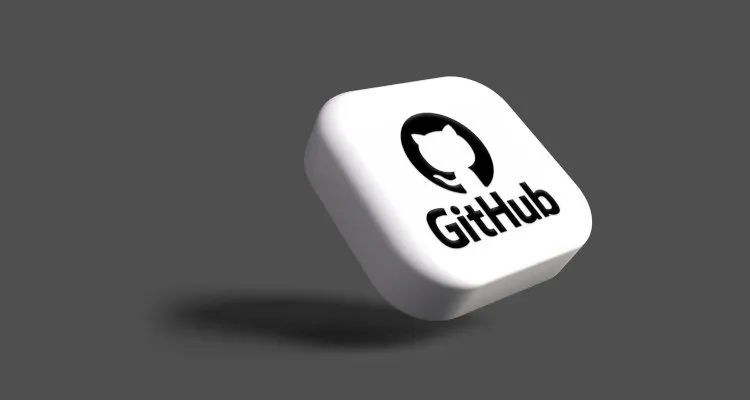Photo Credit: Rubaitul Azad
Last September, a federal judge dismissed stream-ripper Yout’s much-publicized lawsuit against the RIAA with prejudice. Now, as Yout continues to appeal the ruling, the Electronic Frontier Foundation (EFF) and Microsoft’s GitHub have filed amicus curiae briefs.
GitHub (which is facing a proposed class-action lawsuit concerning the use of open-source code to develop AI) and the Electronic Frontier Foundation (which bills itself as “the leading organization defending civil liberties in the digital world”) just recently submitted the amicus briefs.
Said briefs arrive about one month after the court officially rejected the RIAA’s motion to compel Yout to cough up around $250,000 in attorneys’ fees. The overarching suit initiated in October of 2020, after Hartford-headquartered Yout sued the RIAA for (among other things) allegedly violating the Digital Millennium Copyright Act (DMCA) by naming it in a trio of false copyright takedown notices.
Based upon the language of these takedown notices, the years-running courtroom confrontation has centered in large part upon whether Yout’s main function – enabling users to download (or “rip”) videos’ audio, that is – circumvents YouTube’s “rolling cipher” anti-piracy measure.
Of course, nearly three years of litigation have delivered multiple twists and turns, but Yout’s case was dismissed in 2021 and then with prejudice in late September of 2022, as mentioned at the outset.
And with the stream-ripper looking to revive the action on appeal, GitHub and the EFF (which in 2019 filed an amicus brief in support of FLVTO.biz in a separate RIAA legal battle) are officially weighing in on the matter.
GitHub’s neutral brief (“GitHub takes no position on the ultimate resolution of this appeal on the facts pled by Yout”) focuses largely on the dismissal ruling’s long-term implications for all manner of web developers.
“By interpreting the DMCA in a way that conflates measures controlling access to a work with measures controlling use of a work that is already publicly accessible,” 15-year-old GitHub wrote, “the district court’s ruling threatens to imperil the software developers who create those tools, ensnaring legitimate software within the DMCA’s reach and chilling technological innovation.”
“The district court’s flawed reasoning would subject a broad range of commonly accepted applications and programming tools to potential liability,” the brief continues, proceeding to describe these apps and tools (ad blockers, screen readers, and custom media players among them) in detail.
“The Court should reject the district court’s erroneous reasoning to the extent inconsistent with the principles above,” GitHub’s brief concludes.
On the other hand, the Electronic Frontier Foundation submitted its brief in support of Yout, making clear the belief that the court “should reject the unwarranted expansion of Section 1201 liability, and reverse the dismissal of Yout.com’s claims.”
Per the EFF, the provisions of Section 1201 of the DMCA (which concern the circumvention of anti-piracy measures) “raise serious risks of interfering with First Amendment-protected speech and with lawful commerce in innovative technologies,” including stream-rippers like Yout.
“These programs fulfill the same function that videocassette recorders once did: they enable ordinary people to make and retain copies of videos that have already been released to the world at large by their creators,” the EFF wrote of stream-rippers. “Like every reproduction technology—from the printing press to the smartphone—these programs, colloquially called ‘streamrippers,’ have important lawful uses as well as infringing ones.”
“Text, legislative history, and precedent suggest clear limits on the definition of ‘technological measures,’” penned the EFF. “YouTube’s user-uploaded video service and its web-based player fall outside those limits.”
Expanding upon the position, the organization relayed that the YouTube code at the case’s core, unlike anti-piracy measures such as password protection and authentication keys, “was not clearly designed to limit access to videos, or the ability to copy them.”
Furthermore, supporting a broader definition of “technological measure” under the DMCA “allows a rightsholder to impose liability for even non-infringing copying without employing a technology that actually impedes such copying,” according to the EFF, thereby exposing a multitude of parties to potential liability down the line.
“The district court’s approach represents a significant expansion of the scope of Section 1201,” the document reads towards its end. “That is a dangerous outcome that reaches far beyond the circumstances of this case, disrupting the balance of public and private interests that copyright embodies.”

